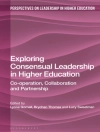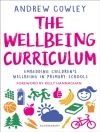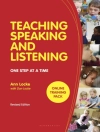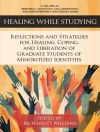Standards for education achievement are under scrutiny throughout the industrial world. In this technological age, student performance in mathematics is seen as being particularly important. For more than four decades, international assessments conducted by the International Association for Evaluation of Educational Achievement (IEA) have measured how well students are learning mathematics in different countries. The latest round of mathematics testing of the Trends in Mathematics and Science Study (TIMSS) takes place in 2007. Beyond the horse racethe rankings that compare nationswhat have we learned from the wealth of data collected in these assessments? How do US math curriculums compare to those used overseas? Is the effect of technology in the classroom uniform across nations? How do popular math reforms fare abroad? Those are some of the critical issues tackled in this important book. The authors use the database to address several pressing questions about school policy and educational research. For example, Ina Mullis and Michael Martin review the major lessons learned over the history of TIMSS testing. William Schmidt and Richard T. Houang examine whether curricular breadth affects student achievement. Jeremy Kilpatrick, Vilma Mesa, and Finbarr Sloane evaluate American performance in algebra relative to other nations and pinpoint strengths and weaknesses in American students’ learning of algebra.
Tom Loveless
Lessons Learned [PDF ebook]
What International Assessments Tell Us about Math Achievement
Lessons Learned [PDF ebook]
What International Assessments Tell Us about Math Achievement
Cumpărați această carte electronică și primiți încă 1 GRATUIT!
Limba Engleză ● Format PDF ● ISBN 9780815753353 ● Editor Tom Loveless ● Editura Brookings Institution Press ● Publicat 2008 ● Descărcabil 3 ori ● Valută EUR ● ID 5209089 ● Protecție împotriva copiilor Adobe DRM
Necesită un cititor de ebook capabil de DRM












